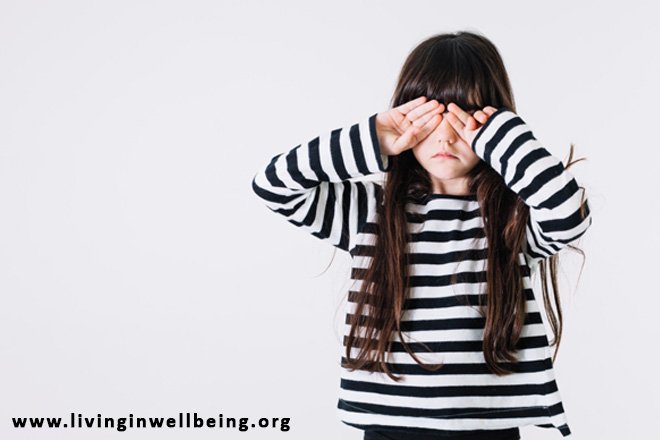
Your child's vision keeps changing in the initial years of development. It helps children learn and understand about the world. Eyesight problems in children often hinder their learning ability at school since the first few years at school are vital in shaping their later years.
So how early should your children get their eyes checked?
Ophthalmologists suggest that children should get their vision checked right when they are 6 months old. With more exposure to digital devices, children are likely to rub and squint often. So how does a parent’s role kick in?
Look out for the Early Signs That May Hinder Their Vision:
Sitting Too Close to the TV or Holding a Book Too Close
A common myth suggests that sitting too close to the TV will distort your vision. But it can majorly affect your vision if you make it a habit.
Frequent Eye Rubbing
This happens especially when children are trying to concentrate in the classroom or when involved in an activity.
Feeling Lost While Reading or Using a Finger to Guide Eyes
Children who have learned how to read should be able to focus on and not lose their place. If this occurs often, it's a sign of poor vision.
Sensitivity to Light or Excessive Tearing
Children with photophobia or extreme sensitivity to light are more likely to develop headaches and nausea.
Squinting or tilting of the Head to see the Class Board Better
Teachers should be on the lookout for these signs. Until an eye exam is performed, it's best to move the child closer to the board for better visibility.
What Can Parents do to Help Childs?
Your children may not even realize they have vision problems. Poor vision may result in a lack of concentration in the classroom and children may also abstain from co-curricular activities.
Here’s What You Can Do to Help Your Child with Better Vision:
Encourage Activities Involving Eye-Hand Coordination
Good eye-hand coordination allows you to track the movement of the hands with the eyes. It helps the eyes send important signals to the brain about hand movement. Here are some activities you can take up with your young one.
Threading and Lacing
Threading beads are a motor activity that requires big eye-hand coordination. To challenge them a little, you can give them different-sized beads to experiment with.
Homemade Puzzles
Homemade puzzles are easy to make. Materials can be cut up into different shapes and sizes and you can have your child match different items together or have them put in the correct places.
Encourage Outdoor Games
Keep your child engaged in outdoor games. Spare some time in the evenings or over the weekend to play ball games in the park or at a sports complex. It’ll help them feel more confident and aids their eye-hand coordination.
Encourage Craft Activities
Children love craft activities, but some with poor vision may struggle with it, especially if they are not guided through it. Supervise your child and provide them with materials for coloring and craft work to develop motor skills, improve eye-hand coordination, and enhance decision-making skills.
Limit Screen Time
Limiting screen time is one of the most difficult habits to discourage. But you must set the ground rules at home. Let your child spend nowhere more than half an hour on a digital device. Get them into the habit and explain why so that they can eventually be more responsible.
Let Your Child Take Breaks in Between Studies
Your child should not be studying at a stretch. Instead, encourage them to take breaks in between so that they don’t strain their eyes too much. Let them move around for a while before they get back to studying.
Ensure Regular Checkups
While all the above tips can definitely boost better eye-hand coordination and confidence, your child still needs to be taken to an ophthalmologist. A comprehensive eye assessment will reveal possible vision problems so that your child can see well.
With regular checkup, the right treatment and care, your child will be a more proactive participant of classroom and outdoor activities.
The Article Contributed by Aaron Barriga












